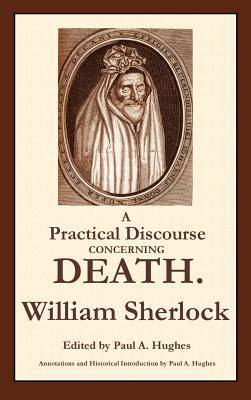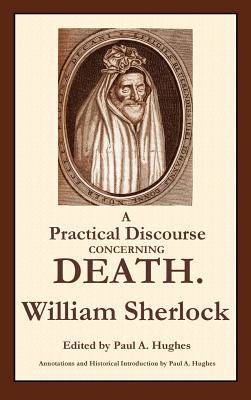
- Afhalen na 1 uur in een winkel met voorraad
- Gratis thuislevering in België vanaf € 30
- Ruim aanbod met 7 miljoen producten
- Afhalen na 1 uur in een winkel met voorraad
- Gratis thuislevering in België vanaf € 30
- Ruim aanbod met 7 miljoen producten
Zoeken
Omschrijving
William Sherlock lived in an age of political destiny and religious dissent which saw the decline of the British monarchy and the rise of parliamentary government, but also the Plague, the Great Fire of London, and the worst defeat in Royal Navy history. In spite of becoming involved in several well-known controversies, Sherlock was considered one of the most popular theological writers of the century. He was twice put out of holy office for political reasons. During one of these times of reflection, Sherlock set himself to writing his treatise on death, his best known work. He writes: "I know no other Preparation for Death, but living well: And thus we must every Day prepare for Death, and then we shall be well prepared when Death comes; that is, we shall be able to give a good Account of our Lives, and of the Improvement of our Talents; and he who can do this, is well prepared to die . . . ."
Specificaties
Betrokkenen
- Auteur(s):
- Uitgeverij:
Inhoud
- Aantal bladzijden:
- 224
- Taal:
- Engels
Eigenschappen
- Productcode (EAN):
- 9781430317319
- Verschijningsdatum:
- 4/04/2007
- Uitvoering:
- Hardcover
- Formaat:
- Genaaid
- Afmetingen:
- 152 mm x 229 mm
- Gewicht:
- 498 g

Alleen bij Standaard Boekhandel
+ 100 punten op je klantenkaart van Standaard Boekhandel
Beoordelingen
We publiceren alleen reviews die voldoen aan de voorwaarden voor reviews. Bekijk onze voorwaarden voor reviews.








